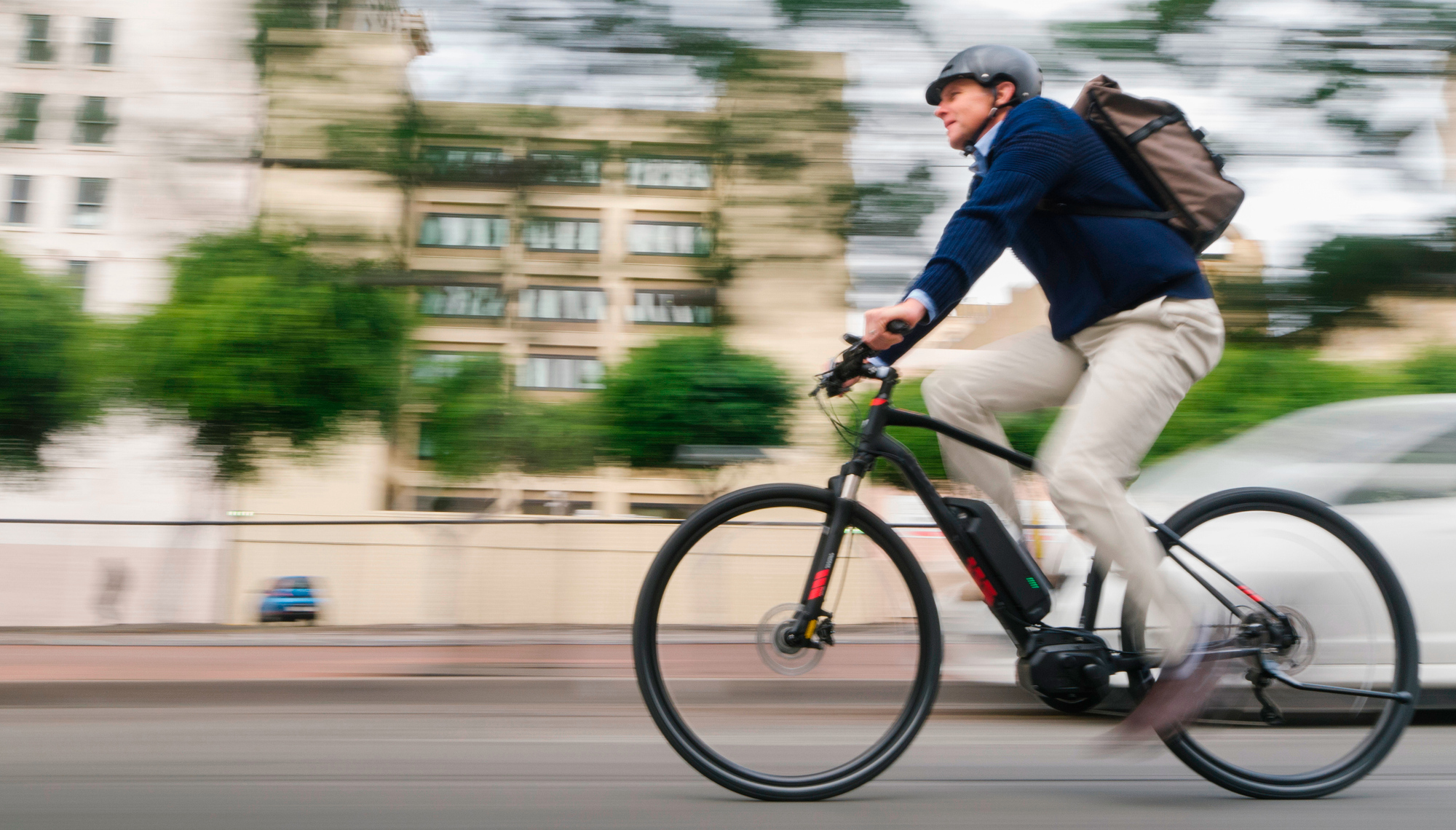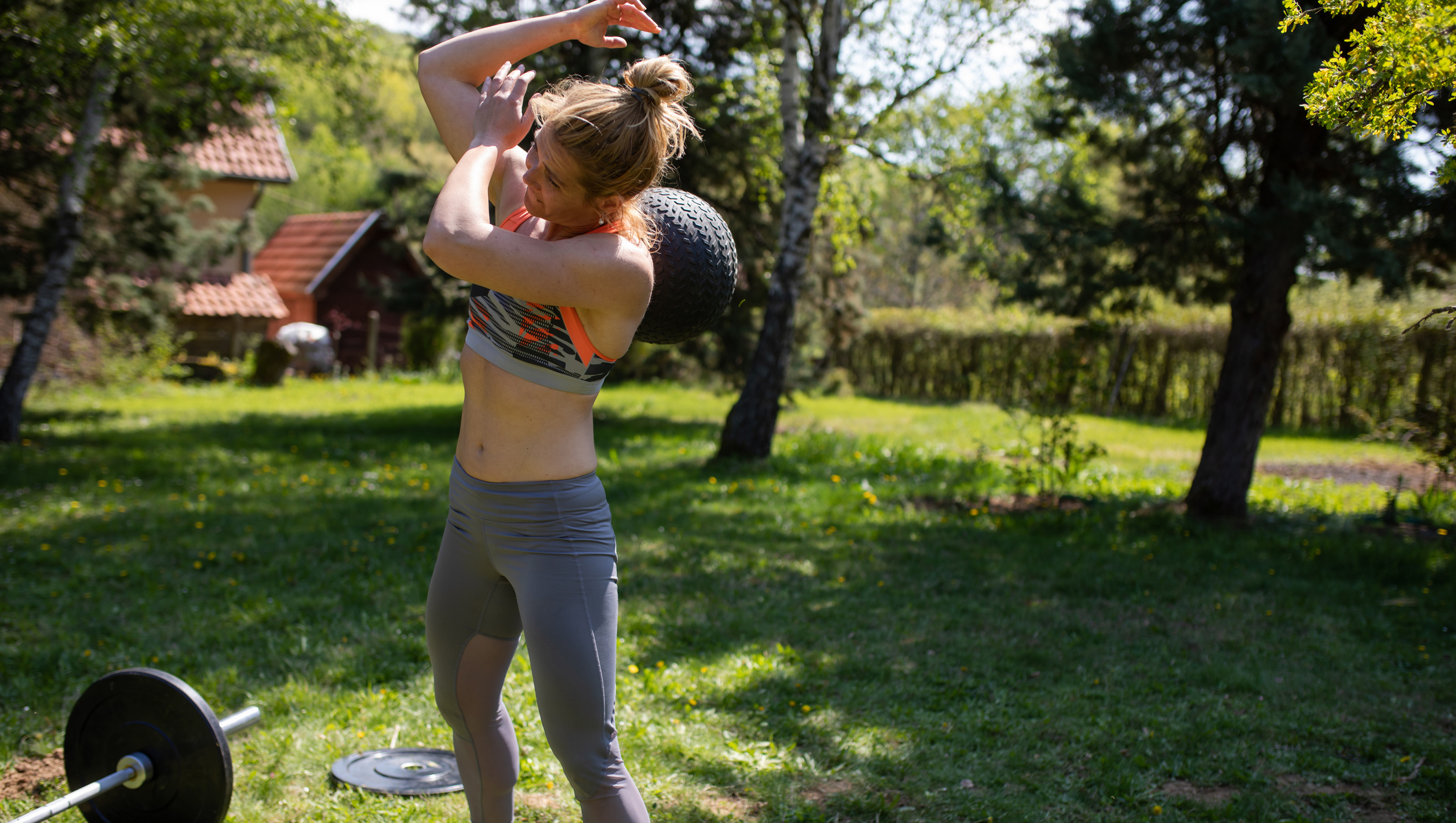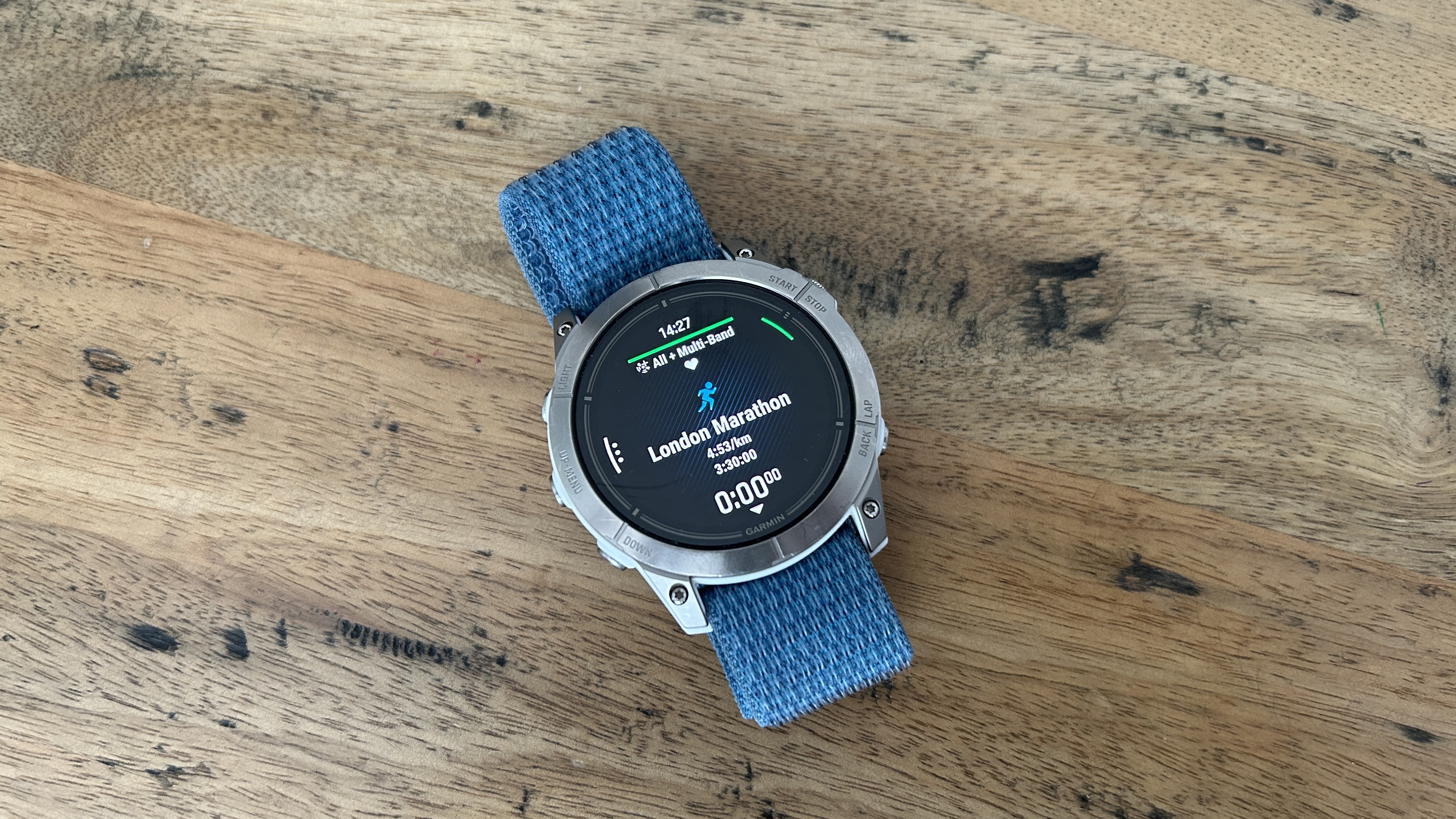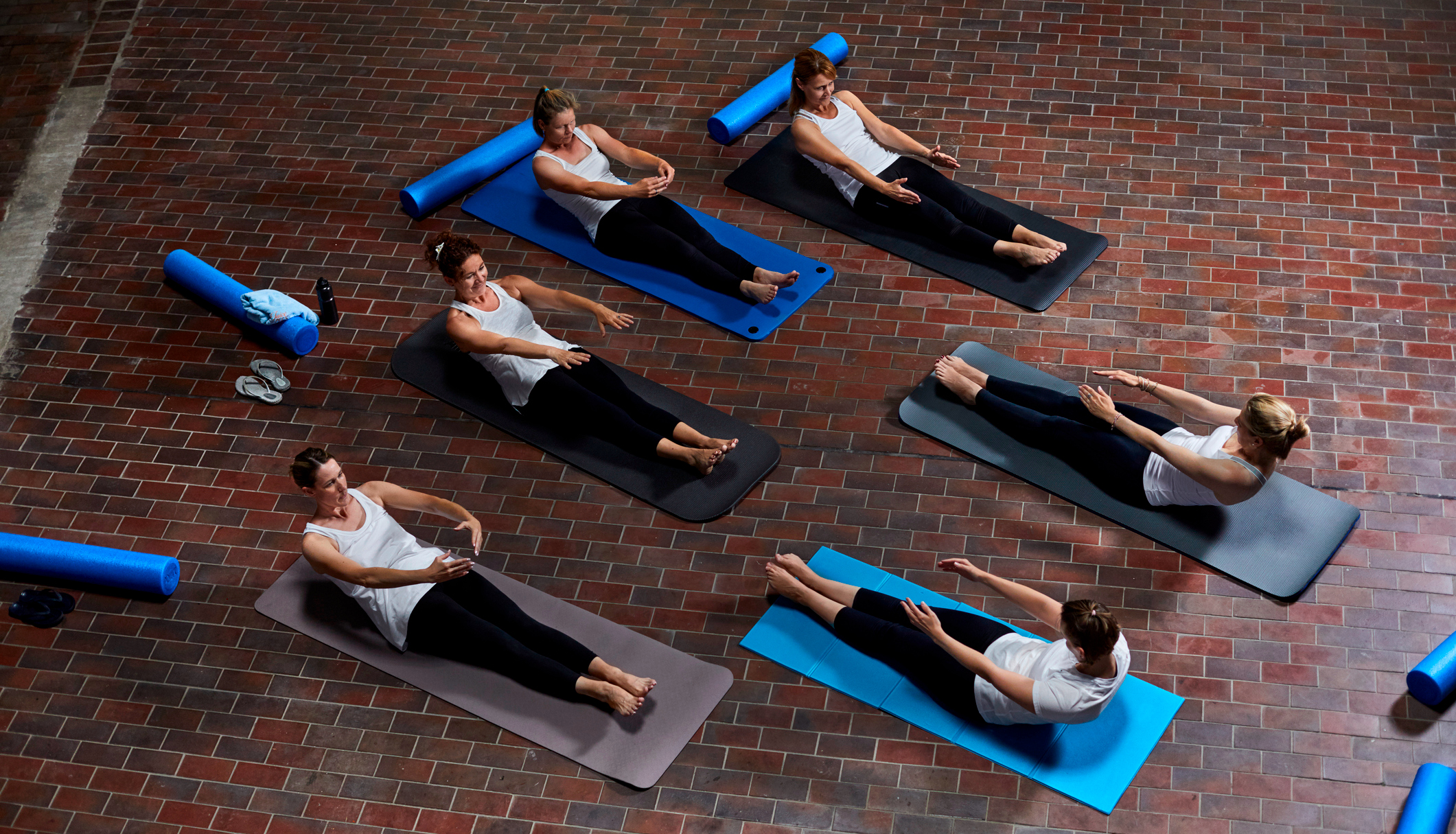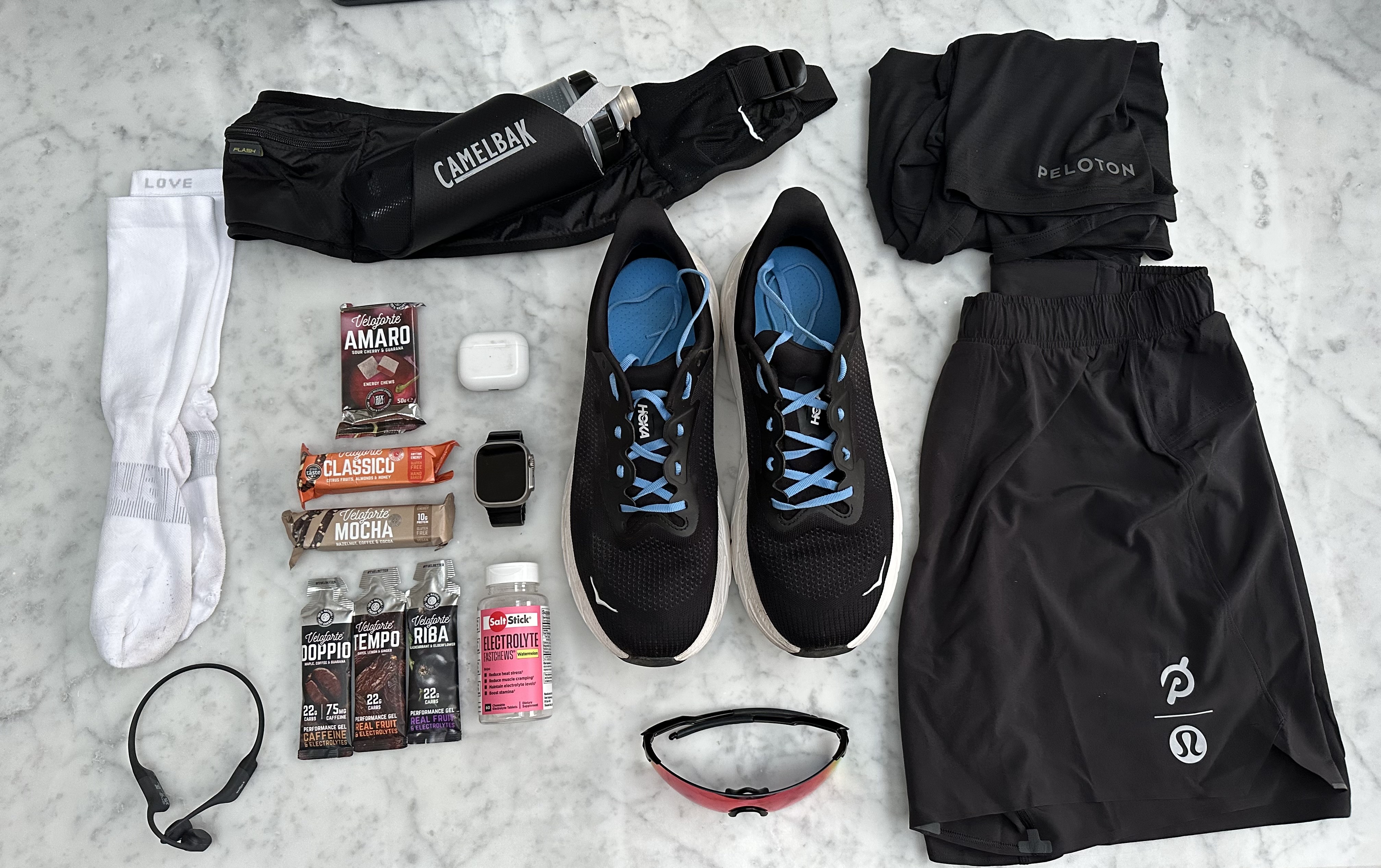What You Need To Know About Your Metabolism For Weight Loss
Everything you need to know about your metabolism and how it can affect weight

“I can eat whatever I want – I have a fast metabolism.” The chances are you have heard that from someone in your life and the chances are that you liked them a lot less after you heard them say it. Unfortunately, you can’t even lay a scientific smackdown on them, because there is quite possibly some truth to what they say.
“Different individuals have different daily resting energy expenditures. It depends on a variety of things,” says Michael Gleeson, emeritus professor of exercise biochemistry in the School of Sport, Exercise and Health Sciences at Loughborough University.
Gleeson is the author of Eat, Move, Sleep, Repeat, a book that grounds its advice about diet and exercise in science.
“I got sick and tired of reading books by people who are not really experts,” says Gleeson. “They don’t actually look at the scientific literature, and find out what has been shown to work and what hasn’t. If you go to the science you can find the answers. If you just make it up for yourself why should anyone take notice of it?”
Metabolism is an important part of the picture when you’re managing your weight, so we spoke to Gleeson to find out more about it.
What is metabolism?
It’s essentially the sum of all the chemical reactions that are going on in your body. Its main role is to provide you with the energy you need for your cells to survive, to perform their basic functions, and then to do additional things like exercise where we need extra energy
Another role is building new molecules from small ones. We get all our essential nutrients – the main ones are protein, carbohydrate and fat – from the things we eat and drink in our diet. These get digested down to small molecules in the gut so we can absorb them. Then those are taken up into the tissue and usually reassembled into different molecules we need to function normally. Some of the excess stuff that we take in is stored, either as glycogen if it’s carbohydrate, or as fat. That’s our long-term energy store we can use when we need it in periods of starvation.
Get the Coach Newsletter
Sign up for workout ideas, training advice, reviews of the latest gear and more.
From building muscle to producing neurotransmitters for the brain and supplying our muscles with energy – metabolism covers all of these things. If we think about the body as a series of organs and tissues that perform various physiological functions. All of these ultimately are underpinned by the metabolism.
Do people have slow and fast metabolisms?
Yes, the individual metabolic rate varies between people. It depends on a variety of things, primarily body size – the bigger you are the greater your resting energy expenditure is going to be, because you have a larger overall tissue mass that are metabolising all the time. It also depends on age, to a degree, and sex.
There are individual genetic differences as well. Some people are essentially more efficient at storing energy and becoming overweight when food is readily available or overconsumed, whereas some people can eat somewhat more than others and still not get fat. That’s probably down to the fact that their resting metabolic rate is a little bit higher.
It can also be influenced by things like hormones, particularly your thyroid hormone. If you’re a person with hypothyroidism and don’t produce as much of the hormone thyroxine, your resting metabolic rate tends to be lower than other people.
Can you change the speed of your metabolism day to day?
It changes transiently [for short periods]. We all have a certain basal metabolic rate, or energy expenditure – the rate at which you expend energy or how many calories per hour you’re burning throughout the day. If you’re resting and your muscles are relaxed, then your metabolic rate is the lowest it’s going to be. When you’re sitting at a desk you’re using postural muscles to keep you upright, and that expends a little bit of energy.
Then what and when we eat, and the composition of the food we eat, also affects our resting metabolism to a degree. When you consume, digest and absorb a meal, those nutrients in the meal then have to be stored. Digestion and absorption can be energy-requiring processes, but more energy is expended in storing your energy. This produces a temporary increase in your metabolic rate, which we call the thermic effect of feeding. A more scientific term is dietary-induced thermogenesis.
Essentially this can increase your resting metabolic rate up to about a third more than normal. This is during the first few hours after you’ve consumed a meal, and it’s different depending on the composition of your meal. Protein has a considerably higher thermic effect than either fat or carbohydrate. When you have a meal that’s predominantly protein then around about 20-30% of the energy in that protein will be dissipated as heat because it’s increasing your resting metabolic rate. For carbohydrate the value is nearer to 5-10% and for fat it’s even smaller, somewhere in the order of 3-5%. So the composition of what you eat for your breakfast or any meal will affect your metabolic rate differently, but all will increase it to a degree.
So if you want to lose weight, eating more protein can help?
That’s one of the reasons why having a relatively high-protein diet is probably best for effective long-term weight loss. The higher thermic effect of feeding means fewer of the calories you’re taking in are being converted into carbohydrate or being stored as fat.
There’s other reasons as well, because if you have a high-protein diet and you’re also doing some exercise, that’s good for building muscle. When you’re dieting, if you’re not on a high-protein diet, you’re likely to be losing some muscle as well as excess body fat. With a high-protein diet plus some resistance exercise, you actually maintain your muscle mass when you’re dieting.
If you maintain your muscle mass, you help to prevent what would otherwise happen, which is a 10-15% fall in your basal metabolic rate as you adapt to the diet.
See related
Does exercise raise your metabolic rate in the hours afterwards – the so-called afterburner effect?
I think rather too much is made of this. Some people say if you do HIIT sessions you’ll get a bigger elevation of your resting metabolic rate and it’ll last for ten to 12 hours afterwards, but generally the studies that have actually measured people’s metabolic rates in respiration chambers after bouts of exercise have shown this effect on weight loss is not really significant – certainly not compared with the amount of energy you expend during the exercise itself.
If you do a five-mile run, say, you’ll expend about 500-600 calories. Even if that run then produced a 10% increase in your resting metabolic rate over the next ten hours, you’re only looking at an extra expenditure of 60 calories or so.
What approach to diet and exercise would you recommend for weight loss?
Exercise should be of moderate intensity – running, cycling, swimming are all great – and relatively prolonged if you have the time. Doing about an hour of that will burn around 500 calories or so. Combine that with reducing your dietary energy intake by about 500 calories per day. If you’re doing that you’re generating a 1,000-calorie deficit every day. Do that five days a week and you’re losing 5,000 calories. With that you can lose over 1-2 pounds [around ½-1kg] of body fat per week.
Don’t cut your protein intake – you can even increase your protein intake above normal – but cut down on fat and carbohydrate. I’m not an advocate of cutting out fat or carbohydrate altogether because you end up with an extreme diet and you don’t need to do that. Just cut down food intake by 500 calories a day, and do it with a combination of reducing fat and carbohydrate. Still maintain a balanced diet so you’re getting all the other essential nutrients, and make sure you’re getting more than enough protein.
Eat, Move, Sleep, Repeat is published by Meyer & Meyer Sport and is available from the end of January
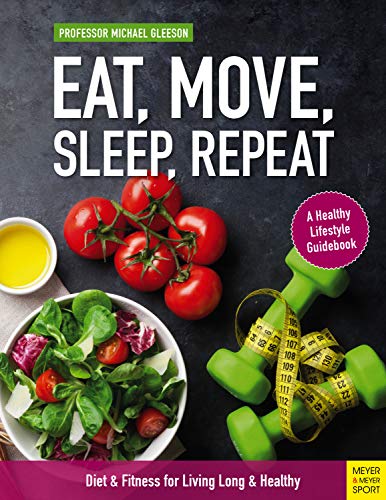
Eat, Move, Sleep, Repeat: Diet & Fitness for Living Long & Healthy

Nick Harris-Fry is a journalist who has been covering health and fitness since 2015. Nick is an avid runner, covering 70-110km a week, which gives him ample opportunity to test a wide range of running shoes and running gear. He is also the chief tester for fitness trackers and running watches, treadmills and exercise bikes, and workout headphones.

